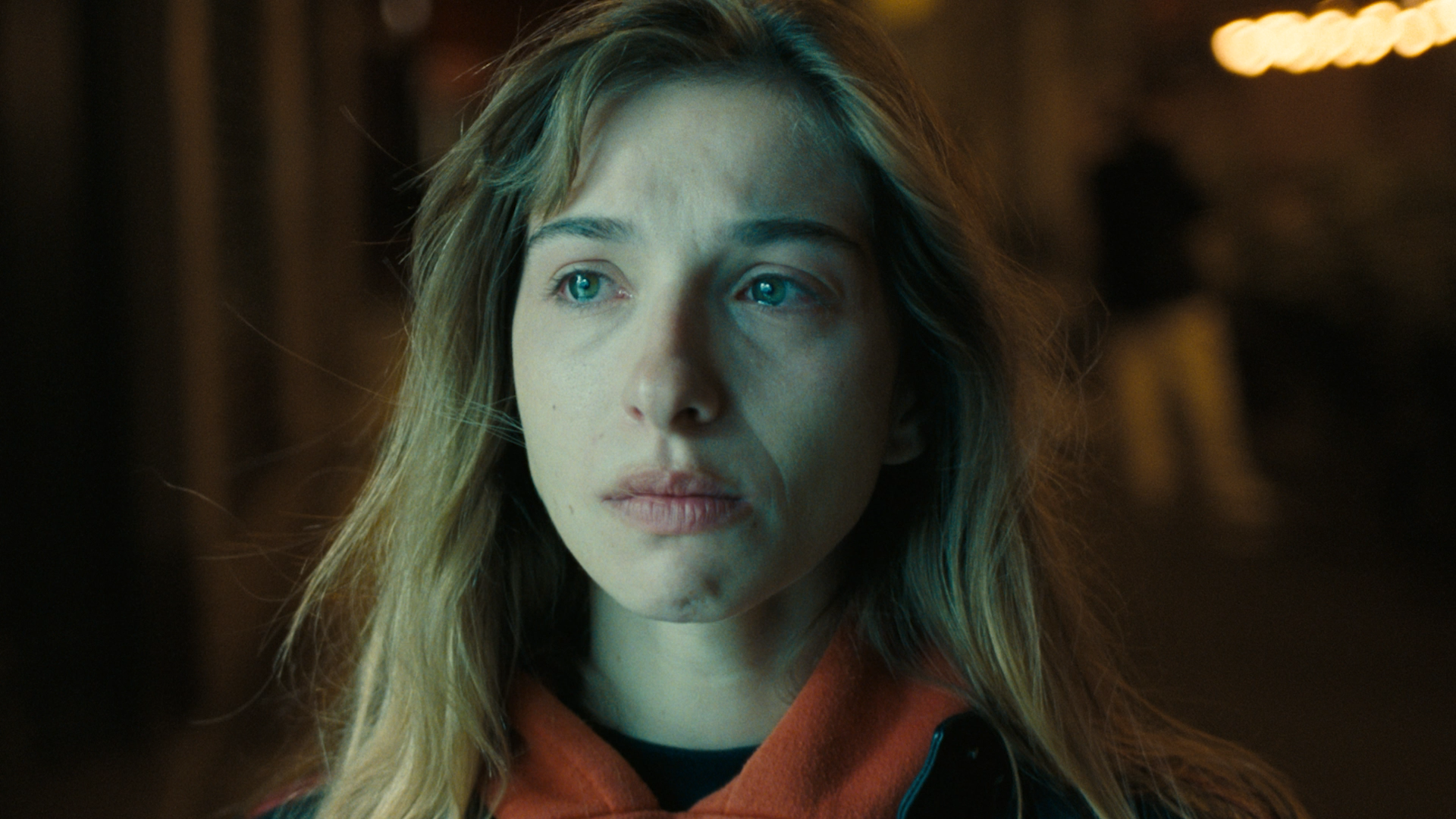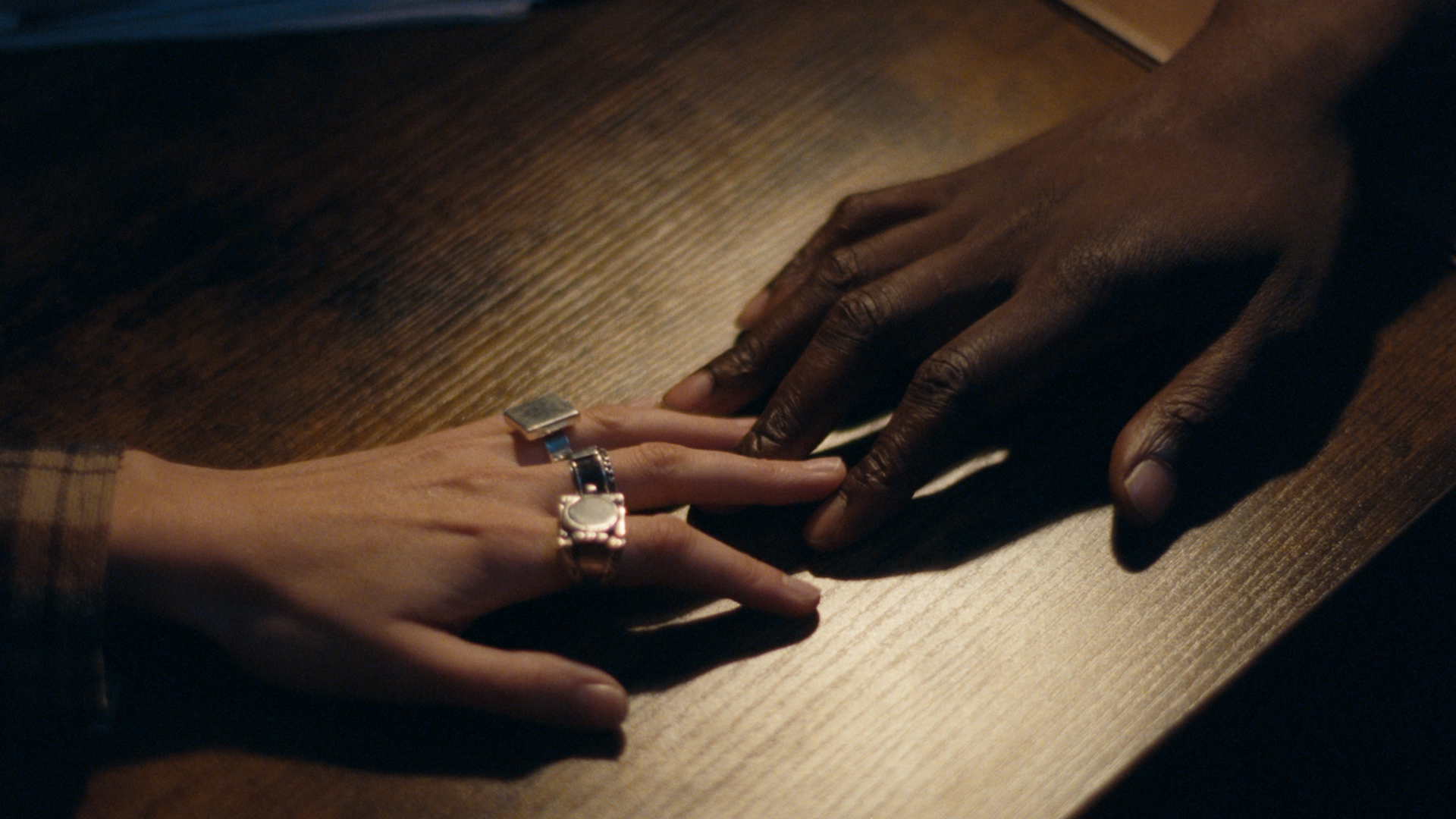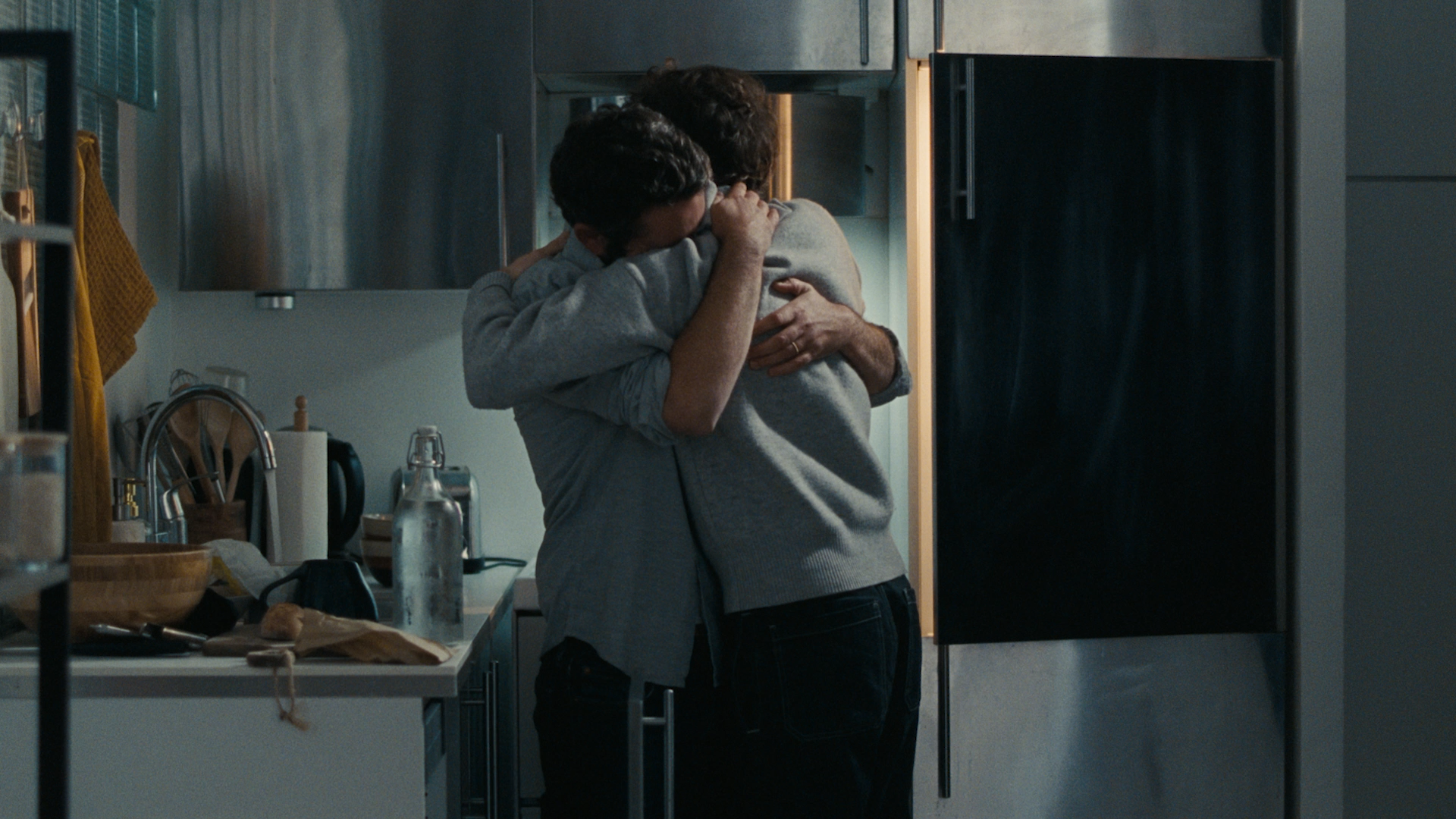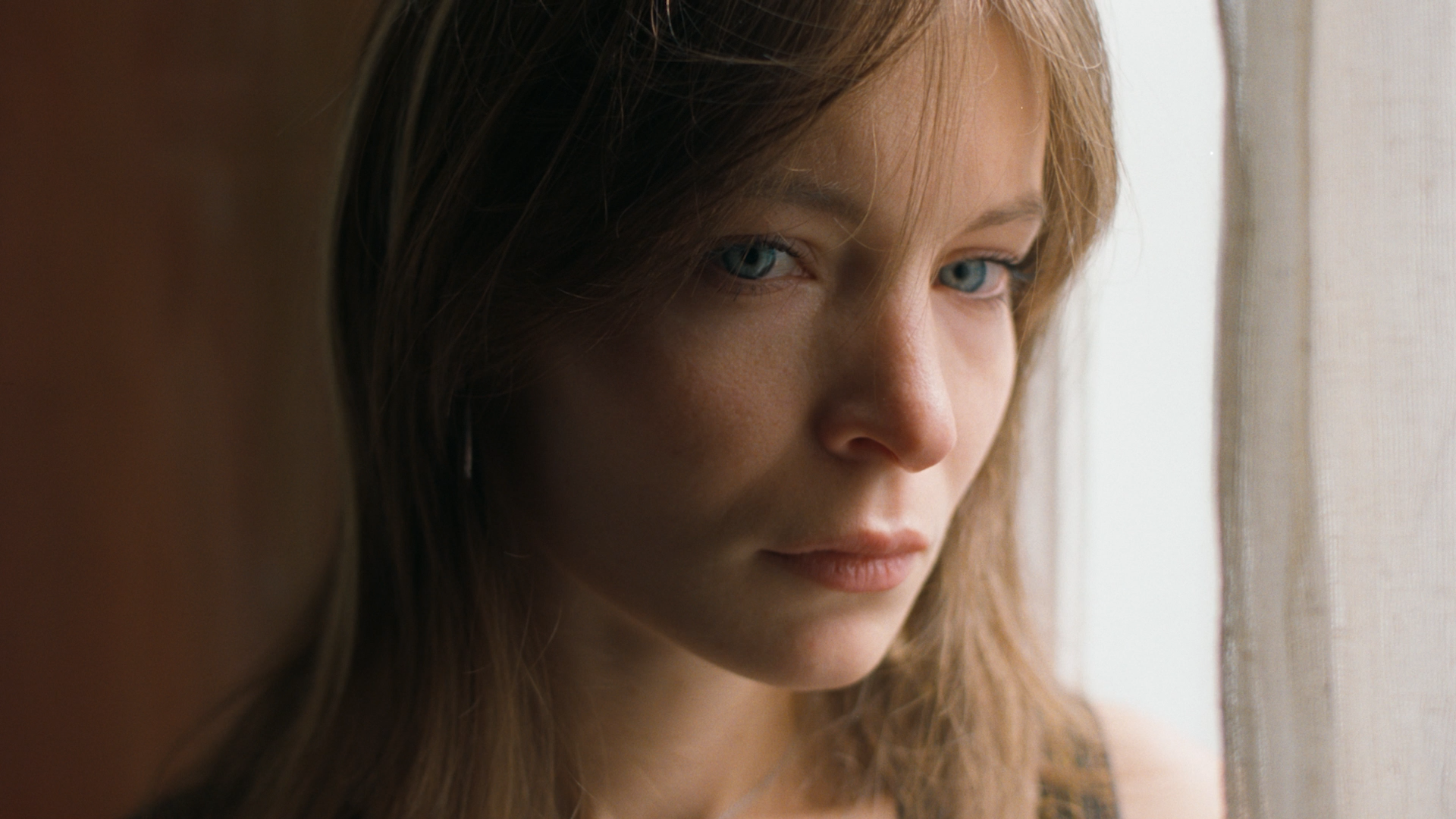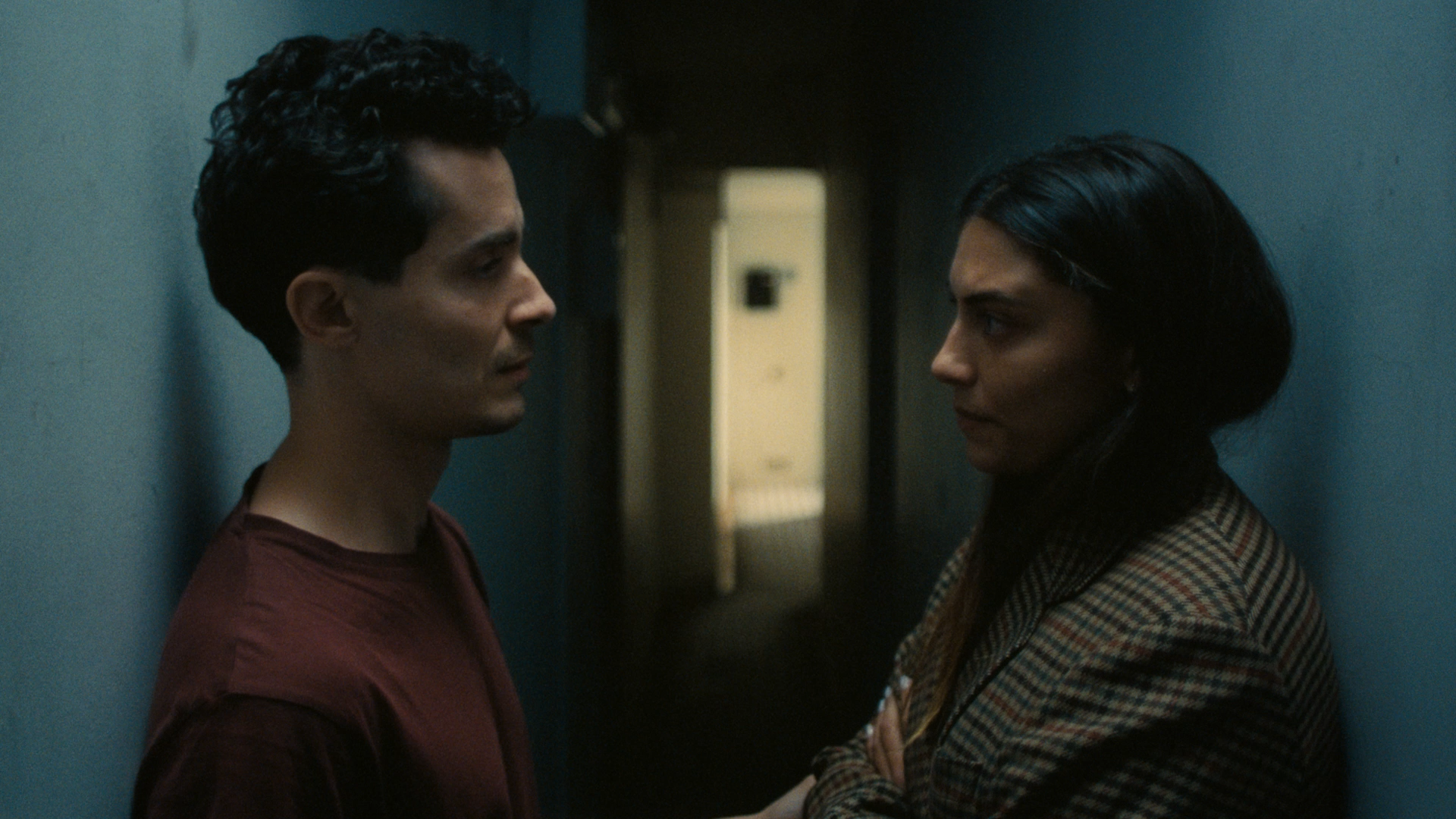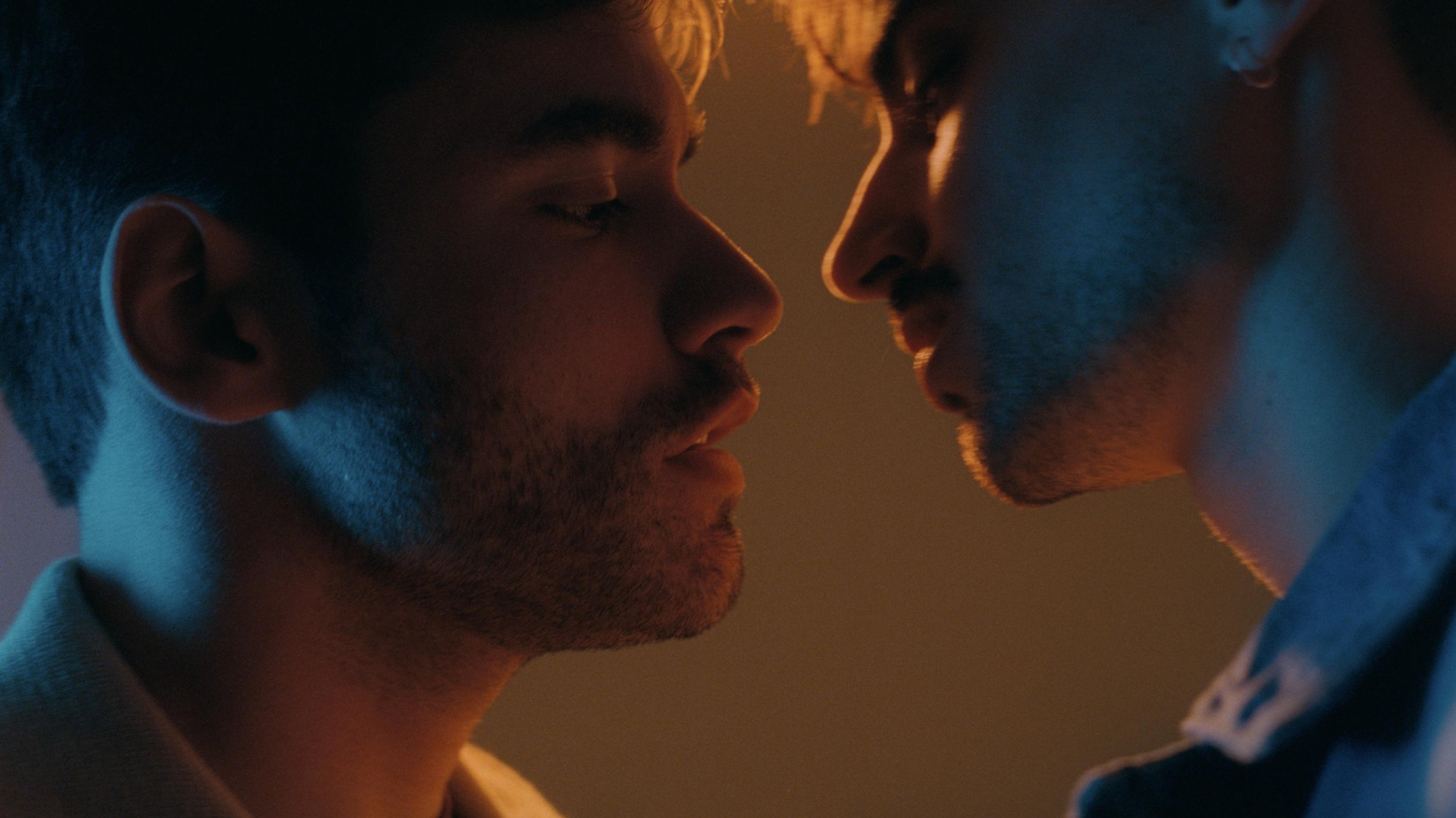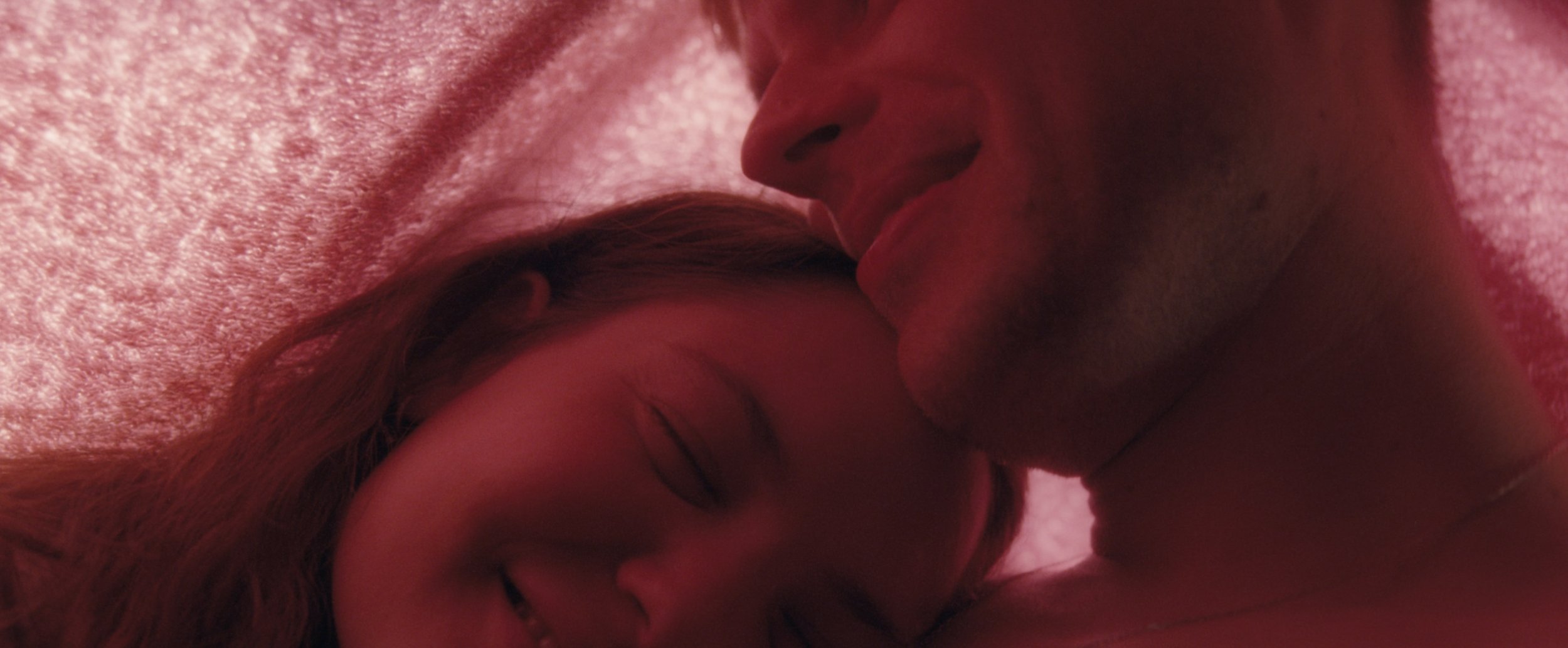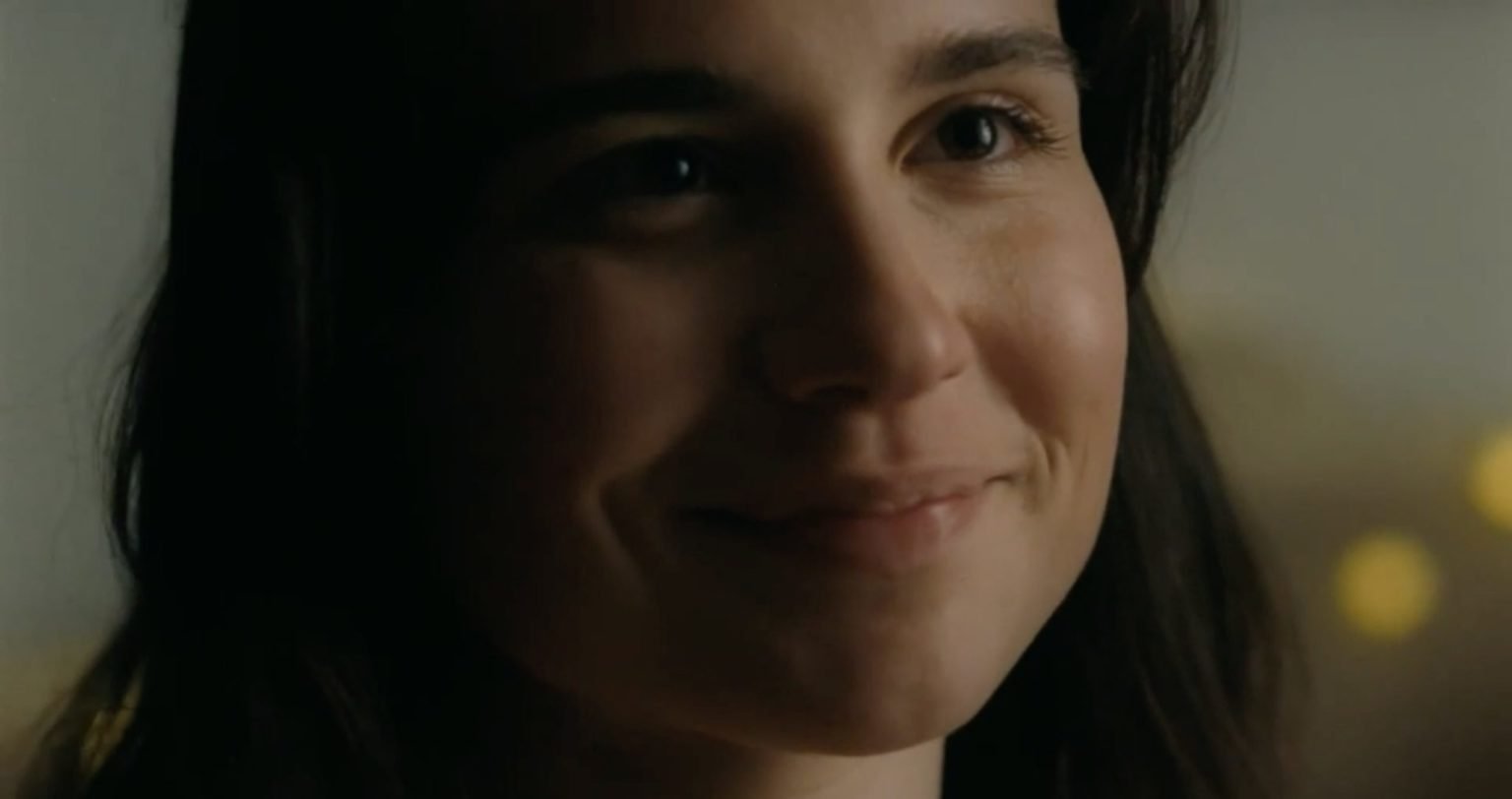It’s Gonna Be Okay
Overcoming fear and uncertainty in relationships
Directed by Thibaut Buccellato
Interview by Tatev Avetisyan
In Broken, Patrick Watson sings: “And it's not that you're not the one; But we all need a little peace”, then moves on to the chorus: “Do you feel a little broken?” This song accompanies Thibaut Buccellato’s recent short film, It’s Gonna Be Okay, where he reveals the hardships in overcoming stagnation in ourselves, relationships, and life through intimate close-up shots of lovers. The Paris-based director continues to amaze the audience with shorts tackling the romantic tension, excitement and tenderness of getting back together. Among his vivid works we find The Wait and Loving, which mainly focus on the exciting side of relationships, while It’s Gonna Be Okay in some way comforts and gives hope for those who feel stuck in their lives.
In our interview with Thibaut Buccellato, we discuss the creative concept behind It’s Gonna Be Okay, outstanding casting and his future works.
What inspired you to create a short series about relationships, as seen in your release of the short film Loving two years ago, where couples meet each other for the first time?
In 2021, after one year of the pandemic, I wanted to do a short about relationships, showing love, happiness, and contacts, so I directed Loving. Almost two years later, I thought it would be nice to show the B-side, and show that we also have to go through hard times, with breaks up, mourning, loneliness, etc. I liked the idea of having two sides, one with happiness and one with sadness. I feel like life is a balance between these two periods - love/relation and sadness/loneliness.
Did any personal experiences influence the creation of your relationship-themed series, given that most of your films revolve around love?
Not especially; but the funny story is that I was single while doing Loving, and in couple while doing It’s gonna be okay. I guess it describes well the idea of the balance between love and loneliness.
Can you walk us through the creative process behind It’s Gonna Be Okay? What led you to shine a light on this particular theme?
As I said, almost two years after Loving, I realised life and even love is not always perfect, happy and beautiful. And I liked the idea of having two sides to a project. I think we usually shine a light on the happy moments, sometimes very naïve, like everything is perfect. So I wanted to focus this time on the other side, the one we usually don’t show, almost like I did with my short The space Between Us in which I wanted to focus on celibacy instead of love because we also need to speak about these moments and accept them.
“I liked the idea of having two sides, one with happiness and one with sadness. I feel like life is a balance between these two periods.”
How did you go about casting for the series? Did you choose real couples or actors?
For me, casting is important, especially with this kind of project, where there is no dialogue and lots of short scenes. I wanted very good actors and actresses. For Loving I also shot real couples because love is so powerful that even not professional actors can express their happiness by just being together and forgetting the camera for a few minutes. For It’s Gonna Be Okay they all were (very good) actors, because I needed to feel the sadness (and even have people crying), so the whole short was about great performances.
What was the most significant challenge you faced while filming the series, and was there a particular scene that posed difficulties?
Loving wasn’t easy because I shot 20 scenes in two days in a lot of different locations, so we had to be very quick. In It’s Gonna Be Okay there were fewer scenes, fewer locations and fewer actors, but the scenes were more intense, so we needed more time for the actors.
How did you choose the soundtrack for the film?
I was in contact with Patrick Watson and his team while I was writing Loving, so I wrote it thinking of Je Te Laisserai Des Mots. The song was perfect to show love. The lyrics, and the melody, all fitted perfectly to the project, and the song even became viral on the internet after the release. When I was editing It’s Gonna Be Okay I tried several songs, but I liked the idea of using another song from Patrick Watson to have a strong link between the two projects. Broken was the perfect one, the melody and lyrics also fitted the project perfectly.
The ending of the film is somewhat ambiguous. Can you explain why you decided to conclude the film in this manner?
I like to let the audience think for themselves. I also like to do a simple film just showing different real and powerful situations and to end it with the title It’s Gonna Be Okay because of course we need to be positive, and believe that the future will be brighter even when we are going through very dark times.
What projects are you currently working on, and do you have any plans to expand this series or create similar series that explore other themes?
I am working on a commercial right now and would love to find a production for a feature film I wrote. I don’t think I am going to expand the series because I like the idea of the two sides of a coin that work together. I am also always writing shorts, so I hope I am gonna do the next one soon. I am also gonna release a new one The Tears You Left with Me starring Leyna Bloom very soon.
Written and directed by Thibaut Buccellato
Cinematography : Erik Henriksson
Starring (apparition order) :
Marie Colomb, Diane Rouxel, Pablo Pauly, Younès Boucif, Suzanne Jouannet, Lula Cotton Frapier, Paloma Coquant, Mehdi Baki, Tiphaine Daviot, Shaïn Boumedine, Lucie Zhang, Fanny Sidney, Makita Samba, Sofia Lesaffre, Julia Oberlinkels, Alseni Bathily, Nemo Shiffman, Benjamin Gauthier, Romann Berrux, Mi Kwan Lock, Sarah Perles, Alexia Chardard, Eva Danino, Syrus Shahidi
Music : "Broken" by Patrick Watson
Courtesy of : Secret City Records & Domino Records
Production : 27 Films & Anomalie Films
Producer : Kelly Dassault
Co-producers : Hugo Diaz & Thibaut Buccellato
Line producer : Floran Charpentier
Location manager : Lucas Sorbello
1st Assistant director : Aureliane Bonnefoy
2nd Assistant director : Romane Humbert
1st Assistant camera : Tom Haudry
2nd Assistant camera : Thibault Herby
3rd Assistants camera : Iris Marcesse & Erwan Le Tallec
Gaffer : Vincent Le Borgne
Editor : Zoé Sassier
Colorist : Sofie Friis Borup (Company 3)
Sound : Loic Canevet (Benzene Paris)

